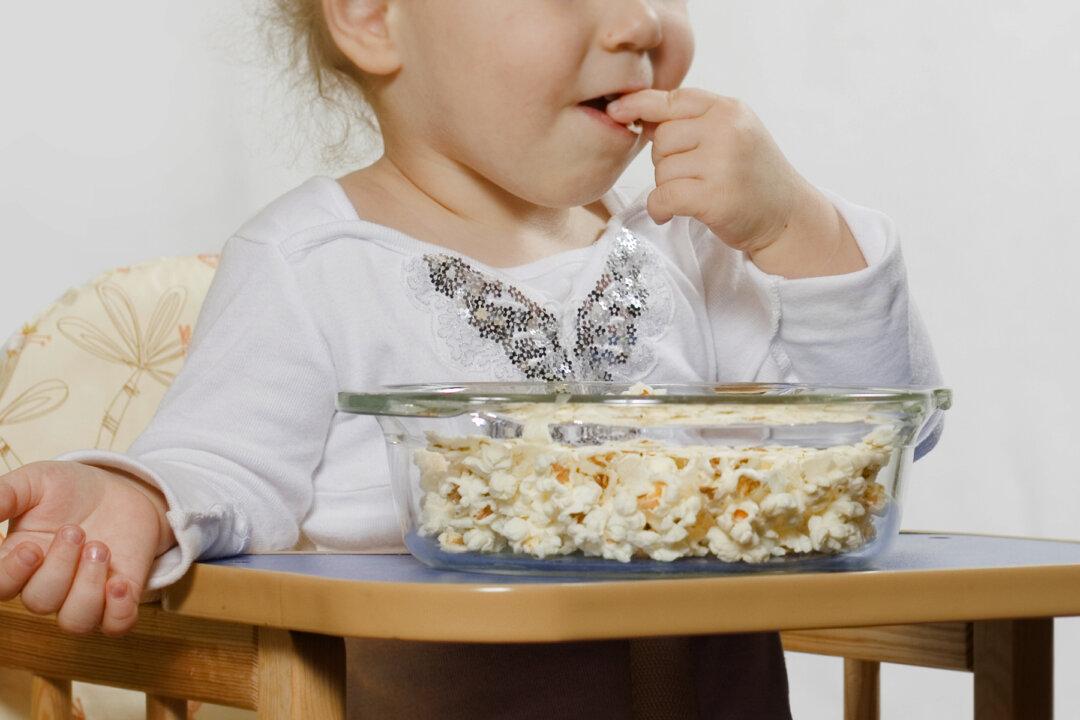From the archives: This story was last updated in July 2019.
You would never think that a bag of popcorn that kids love to munch on could have hidden dangers lurking in it. Tragically, one family found out too late—and they hope to warn others.Mirranda Grace Lawson, from Fauquier County, Virginia, was just a baby in arms, when at 2 years of age, on May 11, 2016, she began choking after a popcorn kernel became lodged in her windpipe. It was her mom Alison’s birthday, and she had decided to celebrate it at home with her husband, Patrick, and their four children. Patrick had taken the day off work to surprise his wife, and the family spent the day celebrating.





